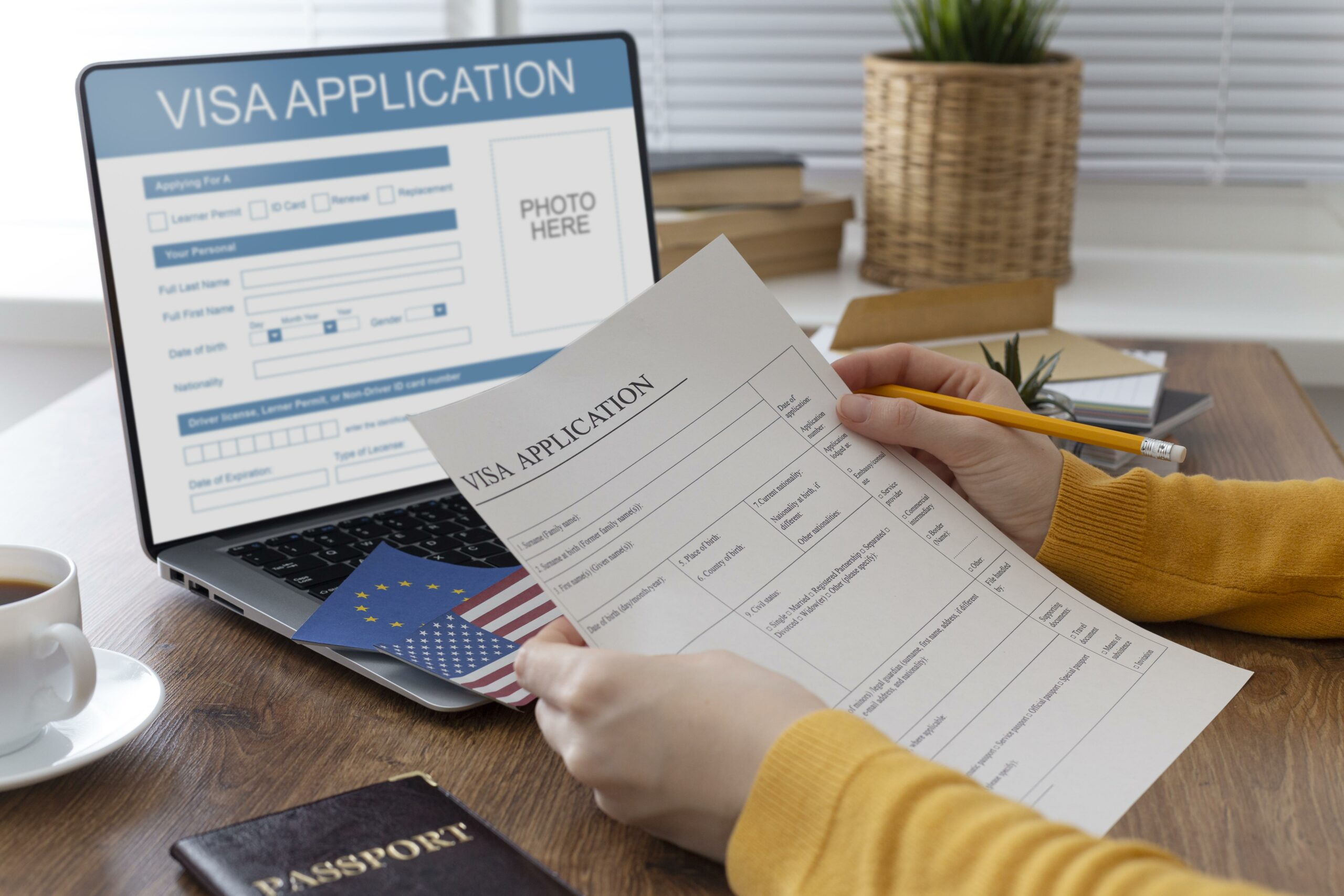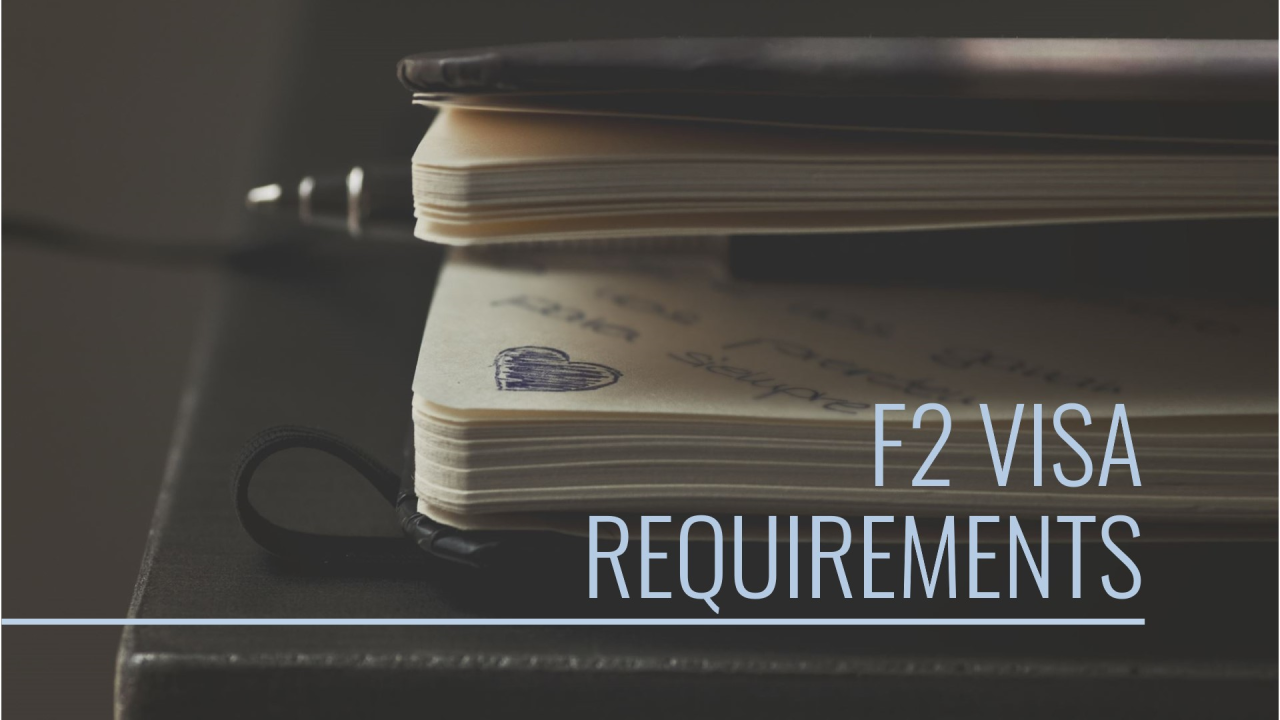Time and Process of Getting a Study Visa

Navigating the world of study visas can feel like walking through a maze. You have your destination in mind—studying abroad—but figuring out how to get there can be confusing. If you’re wondering, “The time and process of getting a study visa?” you’re not alone. Let’s break down the study visa application process, including the timelines involved, so you can confidently plan your academic journey.
Understanding Study Visas
What is a Study Visa?
A study visa is a special visa that allows international students to enter a country for educational purposes. Each country has its requirements and regulations, making it essential to understand what you need for your chosen destination.
Types of Study Visas
Depending on where you plan to study, the type of study visa you apply for may vary. For instance, the United States offers F-1 visas for academic students, while the United Kingdom has Tier 4 student visas. Knowing the specifics can save you time and headaches during the application process.
Why is the Processing Time Important?
Planning Your Journey
Understanding the processing time for a study visa is crucial for effective planning. If you don’t factor in these timelines, you might find yourself in a bind, rushing to secure your visa just days before your program starts.
Avoiding Last-Minute Stress
By being aware of the processing time, you can submit your application well in advance. This will help you avoid the last-minute stress that can come from unexpected delays or complications.
How Long Does It Take to Get a Study Visa?
Average Processing Times
On average, study visa processing times can range from a few weeks to several months. For instance, the U.S. generally processes student visa applications within 3 to 5 weeks. Meanwhile, countries like Canada may take longer, often around 4 to 12 weeks.
Factors Affecting Processing Times
There are several factors that can influence how long it takes to get your study visa:
Country-Specific Regulations
Each country has its own rules and procedures for issuing study visas. Some nations have streamlined processes, while others require extensive documentation.
Time of Year
The time of year can also play a significant role in processing times. For instance, applying during peak seasons (like summer) may lead to longer wait times due to a higher volume of applications.
Completeness of Your Application
The process can go much more quickly if an application is submitted that is correct and comprehensive. Incomplete paperwork or information may result in rejection or even delays.
Step-by-Step Study Visa Application Timeline
1. Research and Preparation (1-2 Weeks)
Before you even start the application, spend time researching the requirements for your chosen country and institution. This can take anywhere from a week to two weeks, depending on how thorough you want to be.
2. Gather Required Documents (2-4 Weeks)
Next, you’ll need to collect all necessary documentation, such as:
Acceptance letter from your educational institution
Proof of financial support
Passport copies
Health insurance documents
This process can take 2 to 4 weeks, especially if you need to request documents from various sources.
3. Submit Your Application (1 Day)
Once you have all your documents ready, you can submit your study visa application. This step is usually quick and straightforward, taking just a day.
4. Processing Time (3-12 Weeks)
This is the period you will be waiting for the decision on your visa application. As mentioned earlier, this can take anywhere from a few weeks to several months.
5. Final Decision and Visa Issuance (1-2 Weeks)
Once your application is processed, you’ll receive a decision. If approved, you’ll typically receive your visa within 1 to 2 weeks.
Tips to Expedite Your Study Visa Application
1. Apply Early
The earlier you apply, the better. Aim to submit your application at least 3-4 months before your intended start date.
2. Double-Check Documentation
Make sure all your documents are complete and correctly filled out. This can save you significant time during processing.
3. Keep Track of Application Status
Most countries offer online portals where you can check the status of your application. Regularly monitoring this can keep you informed about any potential issues.
Potential Delays in Processing
Incomplete Applications
One of the most common reasons for delays is an incomplete application. Ensure that you check everything thoroughly before submission.
Background Checks
Some countries conduct background checks, which can add time to the processing period. Be prepared for this possibility.
Interviews
In certain cases, you may be required to attend an interview. This can extend your processing time, depending on availability.
Conclusion
Understanding how long it takes to get a study visa is crucial for any prospective international student. By familiarizing yourself with the application timeline and the factors that can affect processing times, you can better prepare for your educational adventure abroad. So, get your documents in order, apply early, and you’ll be one step closer to making your study abroad dreams a reality.
FAQs
1. How long does it typically take to get a study visa?
Processing times vary by country but generally range from a few weeks to several months.
2. Can I track my visa application status?
Yes, most countries provide online portals where you can check the status of your application.
3. What documents do I need for a study visa?
Commonly required documents include an acceptance letter, proof of financial support, and a valid passport.
4. What should I do if my application is delayed?
If you experience a delay, check your application status online and ensure you have provided all necessary documentation.
5. Is there a best time to apply for a study visa?
Yes, it’s advisable to apply at least 3-4 months before your program starts to allow ample processing time.
